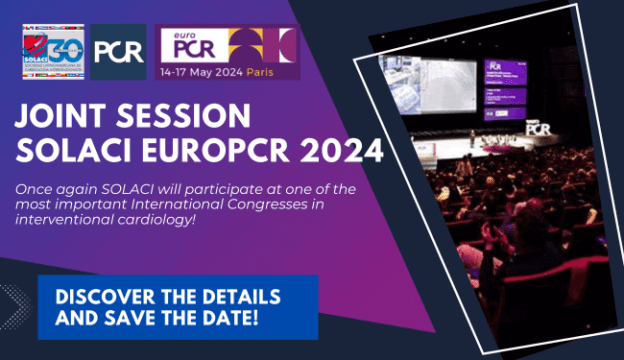In patients at high risk of bleeding undergoing coronary PCI and after completing 3-month DAPT with no events, you may discontinue aspirin and follow up with ticagrelor monotherapy. This will significantly reduce bleeding without increasing ischemic events.

With this strategy, the greater the risk of bleeding, the greater the absolute reduction of bleeding.
Patients at high risk of bleeding are a prevalent population among PCI patients, which is why early discontinuation of one of the antiplatelet drugs results enticing.
Actually, abandoning an antiplatelet after DAPT has become standard, and the evidence in favor of this keeps piling up. The only remaining question is what antiplatelet to stop. The present study, the TWILIGHT, discontinued aspirin.
This prespecified analysis of the TWILIGHT specifically assessed patients at high risk of bleeding included in the general study (nearly 20% of the population from the original study was qualified as high risk according to BARC criteria).
After 3 months of ticagrelor + aspirin, patients were randomized to continuing with both drugs for 12 months vs. stopping aspirin.
Read also: The Most Read Articles of 2021: COVID-19.
Ticagrelor monotherapy significantly reduced the incidence of primary end point (BARC bleeding 2, 3 or 5) compared against the dual scheme (6.3% vs. 11.4%; HR 0.53, CI 95% 0.35 to 0.82).
Patients at lower risk also saw benefits when interrupting aspirin, even though with different magnitude. (3.5% vs. 5.9%; HR 0.59, CI 95% 0.46 to 0.77).
A similar pattern but even more significant in favor of ticagrelor monotherapy was observed when looking only at BARC bleeding 3 and 5.
Read also: Women Present Lower Risk of Sport Related Sudden Death Compared to Men.
The flipside (ischemic events) saw no effects whatsoever. Death, MI, and stroke resulted identical between branches, regardless of bleeding risk.
Conclusion
After 3 months of dual antiaggregation therapy with aspirin and ticagrelor, it is possible to stop aspirin and continue only with ticagrelor. This strategy significantly reduces bleeding and does not modify ischemic events. Absolute reduction of bleeding is even higher among patients at high risk of bleeding.
Original Title: Ticagrelor monotherapy in patients at high bleeding risk undergoing percutaneous coronaryintervention: TWILIGHT-HBR.
Reference: Javier Escaned et al. Eur Heart J. 2021 Dec 1;42(45):4624-4634. doi: 10.1093/eurheartj/ehab702.
Subscribe to our weekly newsletter
Get the latest scientific articles on interventional cardiology





